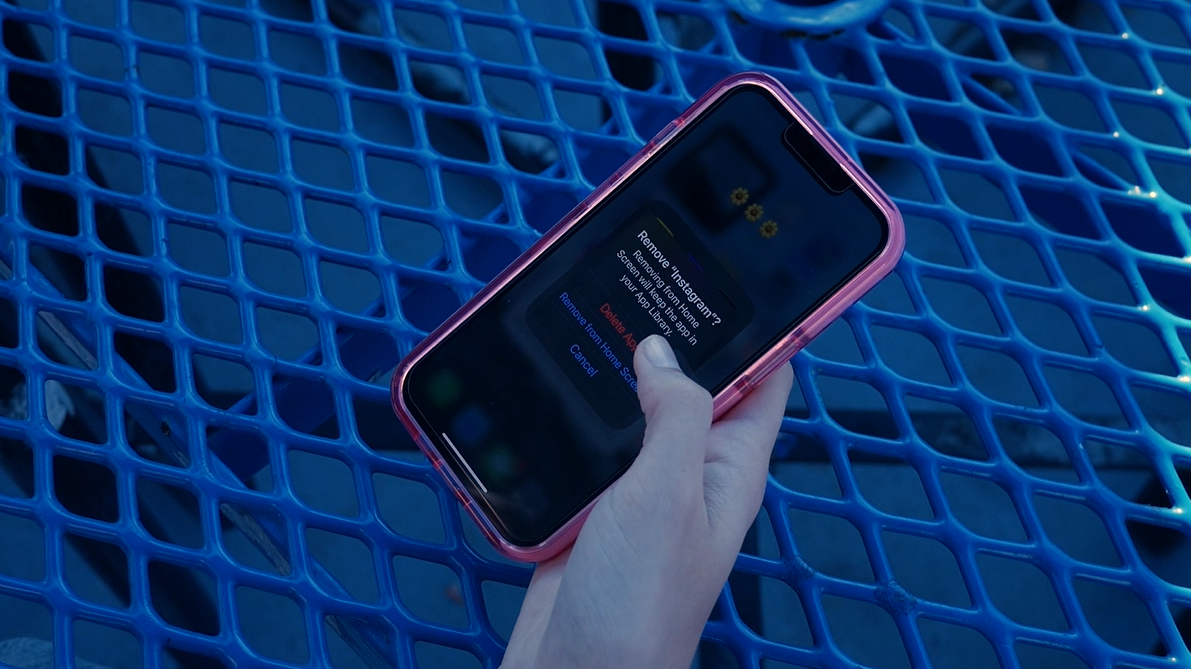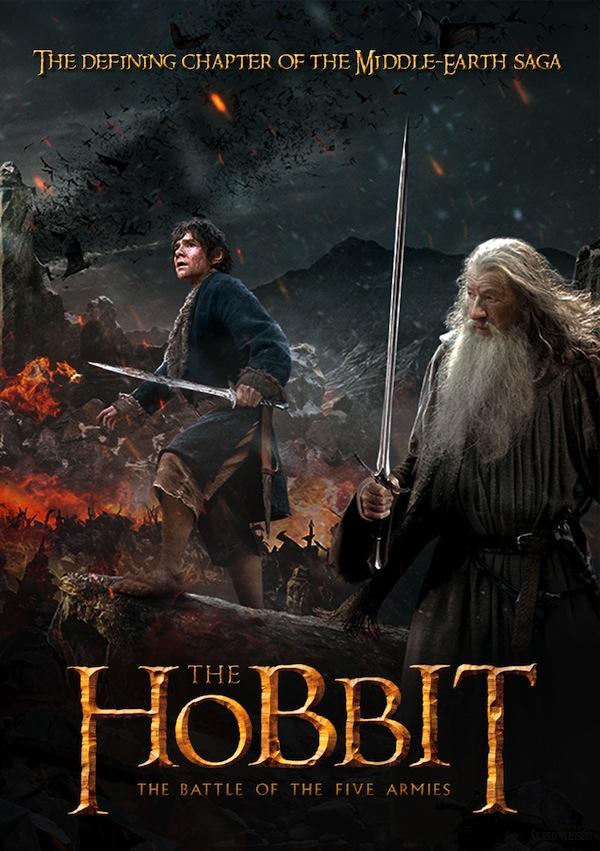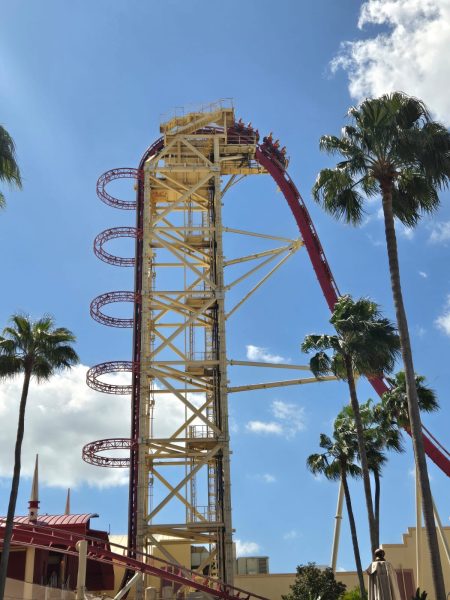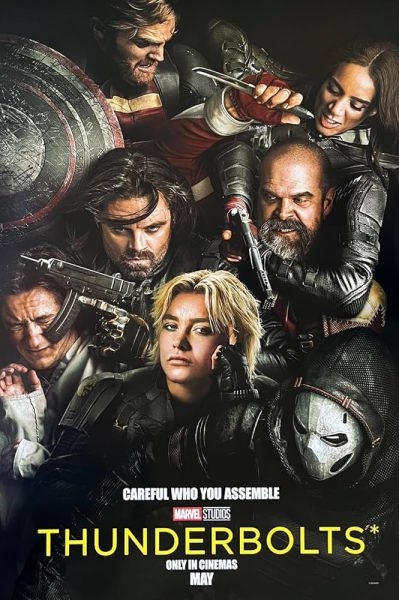Three hours too long, three years too late
In only three years, Peter Jackson has successfully crafted a trilogy on the scale of his original “Lord of the Rings” films. However, he ignored the fact that “The Hobbit” isn’t a story that should be told on this scale. When the first film came out, I defended it because comparisons to the LOTR trilogy were abundant but misguided. I got the impression it wasn’t trying to be a LOTR film. But by the end of the second film, I was mildly agitated, because it had lost its identity. This was to be expected when trying to release nearly three hour movies in yearly installments, and while the previous two movies were enjoyable, they tried my patience by including a ton of filler that caused a muddled plot, and lost focus of who is the the main character.
The film begins with Smaug being killed by Bard the Bowman (Luke Evans) in what seems like the most anticlimactic ending for one of the coolest creatures in all of fantasy literature. Smaug should have been the focus of the film. If this story is assumed to be three acts divided into three films, it seems silly to spend the entire first two movies building up this dragon only to kill him off in the first ten minutes of the third. The water village is destroyed, and the humans are stranded hoping to make a deal with the dwarves to get their share of the mountain’s treasure. But they won’t give it up, and the elven army get involved. Everything is basically getting these armies in the same place so when the orcs show up, we can get an awesome battle sequence.
Martin Freeman is an incredible Bilbo Baggins. His quirky, yet noble sensibilities make him a character and a role model. While his role in his own trilogy should have been larger, every scene that centered around him instantly became a favorite. He used his wit and cunning to overcome his physical limitations, reminiscent of Yoda and how it’s sometimes easier to outsmart a foe rather than use force. The series also made great use of its climactic battle scene, “The Battle of the Five Armies.” In the book, it merely takes up at most a few pages, but Jackson stretched it out to a nearly hour-long fight. Part of me wants to complain about such liberal artistic license, but Jackson knows how to film a battle. When it could be so easy to get lost in a sea of orcs, elves, dwarves, and humans, his directing talents shine through, and we see the same talent that we witnessed in the original trilogy.
A major flaw that needs to be addressed is how this film decided to allot its screentime. The series’ most important and iconic character, Bilbo, is essentially pushed to the side for a bunch of weak and forgettable characters that for the most part don’t belong in this film. At the forefront of this list is Legolas (Orlando Bloom), who constantly is doing whatever is going to make the audience “ooh” and “ahh” the most. He has little to no personality, which makes his love triangle with Tauriel (Evangeline Lilly) and Kili (Aidan Turner) absolutely forgettable at best and downright dreadful and contrived at worst. The romantic conflict is so forced, and I’m not even convinced Orlando Bloom knew his character was supposed to be part of it.
Thorin Oakenshield (Richard Armitage) makes a pretty good villain. He is corrupted by gold and treasures much in the same way Smeagull is corrupted by the ring, which is kind of nice to share this theme between the two Tolkien trilogies. Bilbo is wise enough to challenge this greed by taking the Arkenstone, the greatest gem within the mountain’s treasures, and handing it to Gandalf (Ian McKellen) in hope they can use it as leverage to make peace with the dwarves. This proves to be a little useless, as before they can make amends the Orc armies attack and we see some heroic action, as good attempts to conquer evil.
My enjoyment with the Hobbit trilogy can be mapped as a consistent downward spiral as the series went on. As the first trilogy I’ve had the pleasure of reviewing I can look back at my reviews of the first two movies and see a general optimism towards the series, willing to push aside its flaws which I now diagnose as fatal. The series as a whole is by no means bad, and does a lot of great things and can still be an enjoyable viewing experience. I can’t help but get hung up on the series’ critical weakness: its length. The deluge of uninteresting characters and dull storytelling overshadow some of the greatest moments the movies had. At times it reached for greatness, and showed glimpses of charm and spectacle that made it worth watching. There just isn’t enough here to warrant another viewing of this trilogy.














































